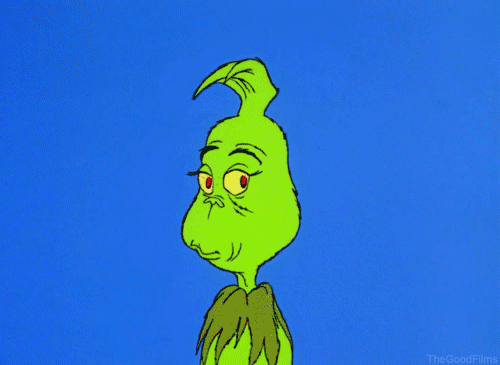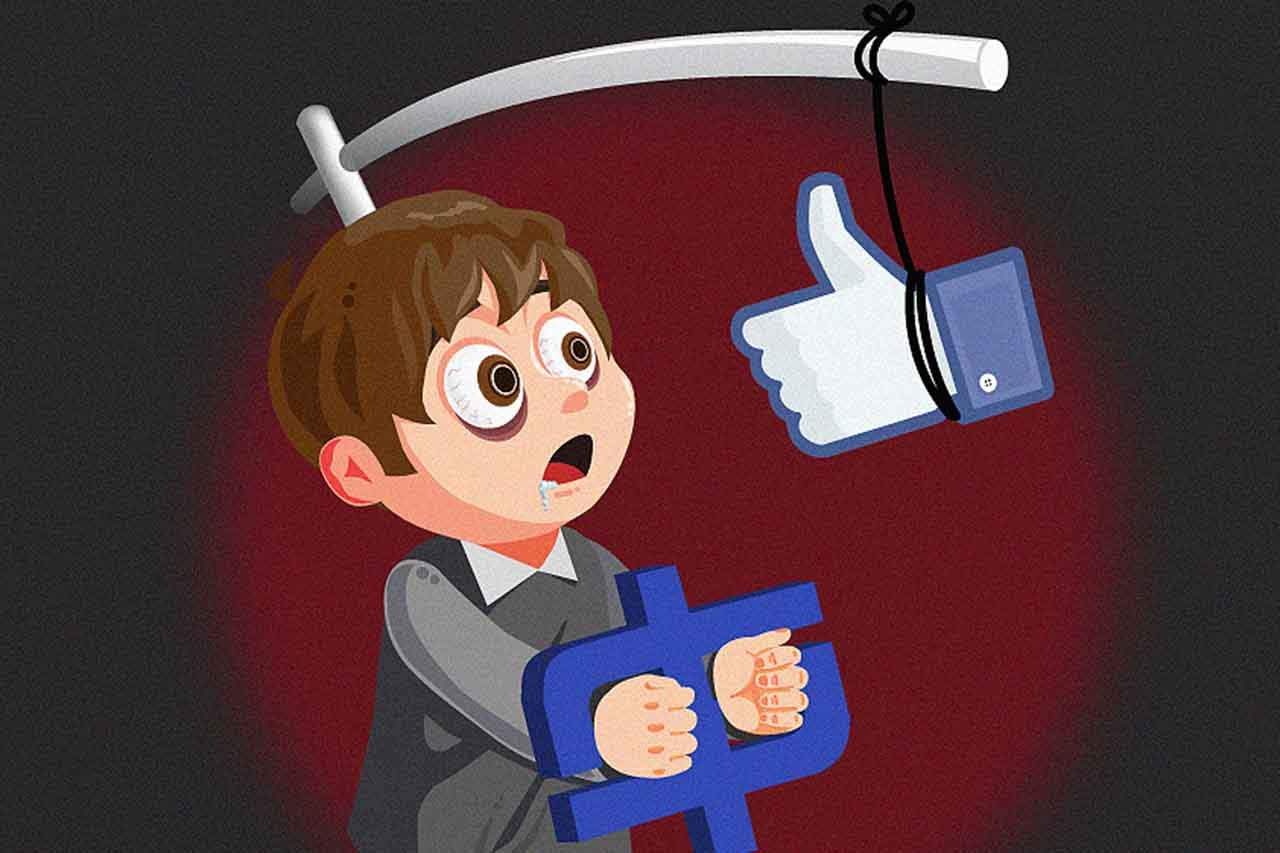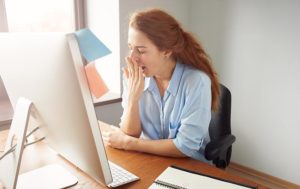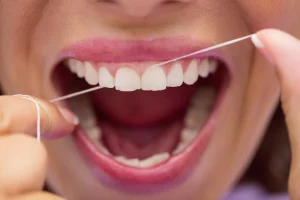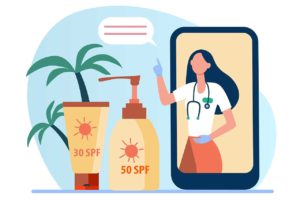Social media is a modern boogieman, blamed for the downfall of community and propriety, our own sanity. Let me explain it to you with some science.
In psychology and sociology, there’s been a bunch of discussion about how social networks like Facebook can contribute to what’s called the fear of mission out. It’s the anxiety many of us have – some more accurate than others – that we’re not living our best lives compared with our peers. We could be doing more things; connecting with more people, hugging more kittens, having more fun. And social networking sites are linked to an increased fear of missing out: We now have solid digital evidence when our friends don’t invite us to a dinner, or when they have a lovely moment (on a vacation or in a relationship) that we’ve never had. But how do we handle that anxiety and what does it mean for our overall self-esteem?
A new study out of Nottingham Trent University, published in the journal “Computers in Human Behaviour”, shows a cluster of links between increased use of social media and lower self-esteem, all mediated through fear of missing out and a previously unresearched factor: online vulnerability. That’s our exposure to negative feedback online, like critical or hurtful comments, harassment and stalking.
489 participants, ages 13 to 77, completed an online survey about themselves and their Facebook habits, including their social network size and their willingness to share personal and emotional information. There were also questions to determine their online vulnerability and to evaluate their self-esteem.
The researches crunched the numbers and they found that when the participants experienced a fear of missing out due to Facebook, it drove some of them to share and participate more on Facebook – likely in an attempt to receive outside validation and boost their self-esteem back up. But that also opened them to experiencing more negativity – which means their self-esteem took another hit – which drove them to share and participate even more and so on. The researchers described it as a sort of self-imposed or self-regulated limbo.
It’s important to note that the participants skewed young – over half were between the ages 13 and 17. And the adults were recruited via online advertisements and 489 people isn’t the biggest sample size. So it’s possible that the participants aren’t true sample of the overall population. Also important: This study certainly doesn’t say that ALL users of Facebook and other social networking sites experience negative psychological effects.
Some researchers has actually found the benefits to increased social media use in lots of populations, including increased social support and self-esteem – though this study did not find a direct link there. I don’t want to sound like a conspiracy theorist but I can’t be the only one who thinks Mark Zuckerberg might actually paid for those studies. The guy is one of the 8 richest people on earth and these studies are the least he can buy. There are sponsored posts all over the internet, why there can’t be sponsored studies?
Luckily, this study was not one of them and it says that when a person does get anxious because of what they see on social media and then attempts to fix their anxiety with more social media, that can be damaging.
What should we deduce from this article? If you’re bummed by the Internet, seek out better times offline instead of diving deeper.
But most importantly, follow us on Facebook if you don’t want to miss out on anything.
